Does the pandemic have you eyeing the BC backcountry?
A Williams Lake man hopes that sharing his own ‘humbling’ experiences as a backcountry skier will help others learn from his mistakes.
“I don’t want people to take travelling in the backcountry lightly, but also not be terrified of it,” says Wes Gregg, who is working toward being an avalanche safety training instructor in the Cariboo region.
Recalling one particular self-rescue from an avalanche, Gregg said he thought he was making a good choice, but admitted he ‘clearly had a lapse in judgment.’
He did not understand what was happening with the snowpack and made some poor choices.
“When I got home that day, I basically told Amber, my wife, ‘this is the last time I come home and tell you I skied out of a sizeable avalanche.’ It had happened quite a few times.”
That ‘last time’ was a turning point for Gregg. He resolved to learn more about avalanche safety and train so he could teach Avalanche Canada safety courses in the Cariboo region.
His own avalanche training began 13 years ago when he moved to the Cariboo and began ski touring with friends.
By taking the Avalanche Safety Training level one (AST1) course with Avalanche Canada he learned how to read avalanche terrain and do a companion rescue.
“A big part of travelling in the backcountry is not just recognizing terrain, but knowing what to do in the event of an avalanche and a burial,” Gregg says.
READ MORE:Avy Savvy: Avalanche Canada introduces online tutorial for backcountry beginners
Before he and Amber had their two sons, he’d go ski touring most weekends throughout winter.
About four years ago, Gregg, Amber and a friend took Skills Level 2 training with Avalanche Canada, which focuses on taking stock of touring identification, terrain management and safe route-finding for skiers venturing into the mountains without a professional guide.
“You touch again on the companion rescue,” Gregg says of Level 2. “It’s something that should be practised and done even when you aren’t on a course.”
Now he’s working toward his professional certification and will be taking an eight-day, Avalanche Canada Level 1 operations course.
With COVID-19 restrictions in place, Gregg says he expects an influx of people venturing into the backcountry.
The Avalanche Canada website is the best resource, he says.
“There’s a system there called the mountain information network and it’s more important now than ever that anybody who is out touring submit to it because the operations within our area are going to be running at limited capacity.”
He encourages people using the backcountry to share information because it will help forecasters generate more accurate information, which ultimately helps users make better choices.
It is no secret that there’s backcountry skiing in the Cariboo, he adds.
“Share a photo, share what the snow was like, share what the weather was doing. A report can be super simple, but that information means a lot and a picture of snow means even more for forecasters who are doing any sort of stability test.”
Originally from Ontario where he grew up skiing, Gregg was a ski instructor and freestyle coach for 10 years.
Avalanche Canada says about 11,000 people per winter have taken Avalanche Canada training courses in the last three years, with most taking AST1.
Canadian correspondent for U.S. podcast series
In researching possibilities for an avalanche podcast series, he discovered The Avalanche Hour created by Caleb Merrill, an avalanche educator for the American Institute for Avalanche Research and Education, who later interviewed Gregg for an episode.
“I had an open and honest interview with him regarding my previous experiences. A lot of time as men or women involved with incidences find it hard to talk about and accept mistakes that were made or things that happened,” Gregg says.
Merrill invited Gregg to do some interviews of his own for the podcast with people from Canada and his first, featuring Ontario ski guide Kyle Lamothe, was published at the end of November.
Merrill said Gregg brings a new voice and perspective to the show.
“It seems like it’s going to be a great partnership. I’ve learned a lot from Wes just in the short amount of time that we’ve been working together.”
Gregg plans to release a podcast on the third Thursday of every month.
***
Please note that current Provincial Health Protocols currently advise against travelling outside your region to help prevent the spread of COVID-19.
Plan your future adventures throughout the West Coast at westcoasttraveller.com and follow us on Facebook and Instagram @thewestcoasttraveller. And for the top West Coast Travel stories of the week delivered right to your inbox, sign up for our weekly Armchair Traveller newsletter!

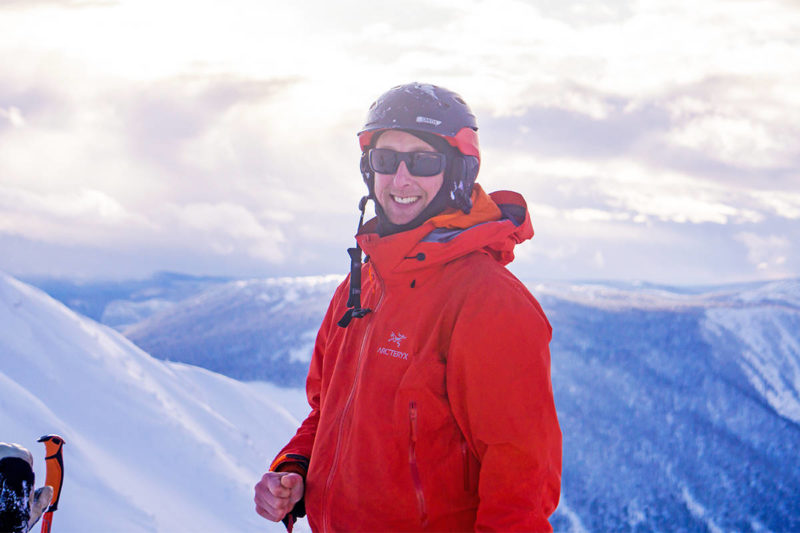
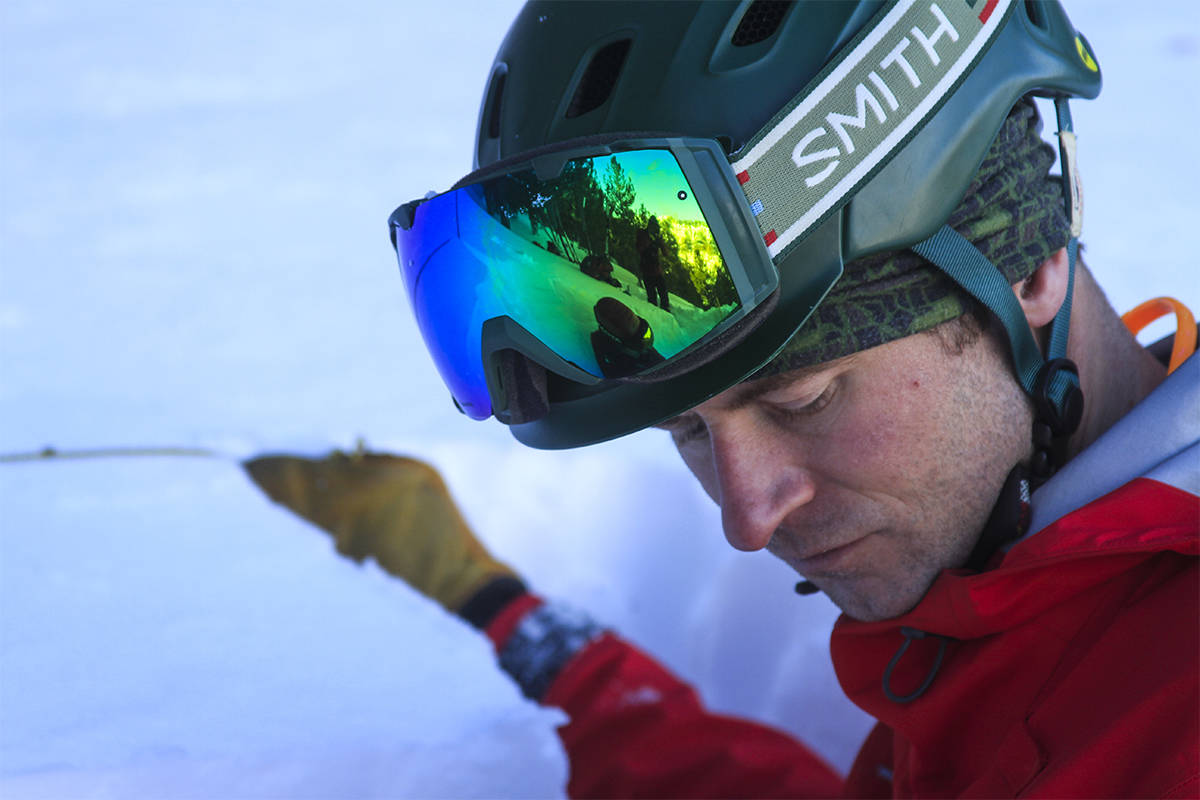

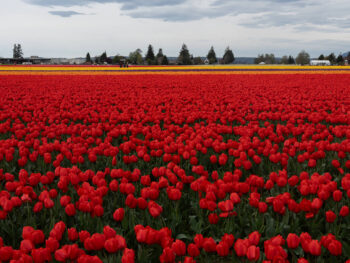

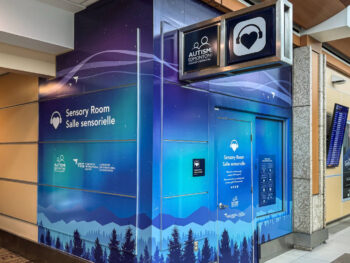
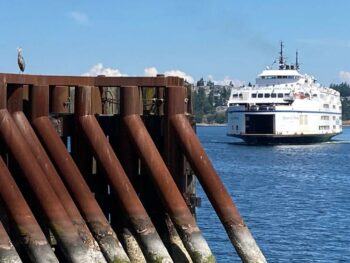
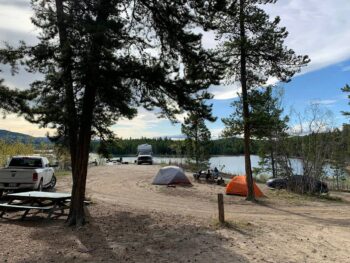
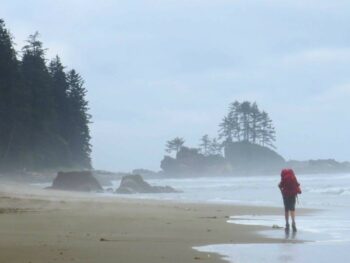
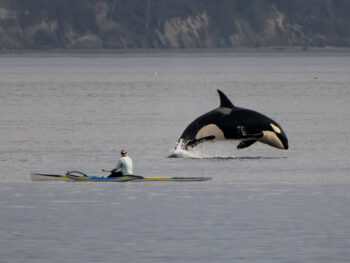
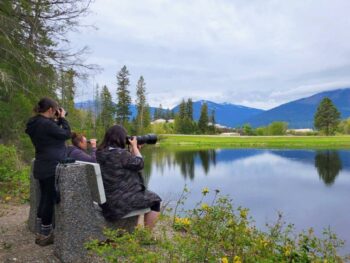
 Take a hike: Popular Yukon Hiking website becoming hardcopy guidebook
Take a hike: Popular Yukon Hiking website becoming hardcopy guidebook